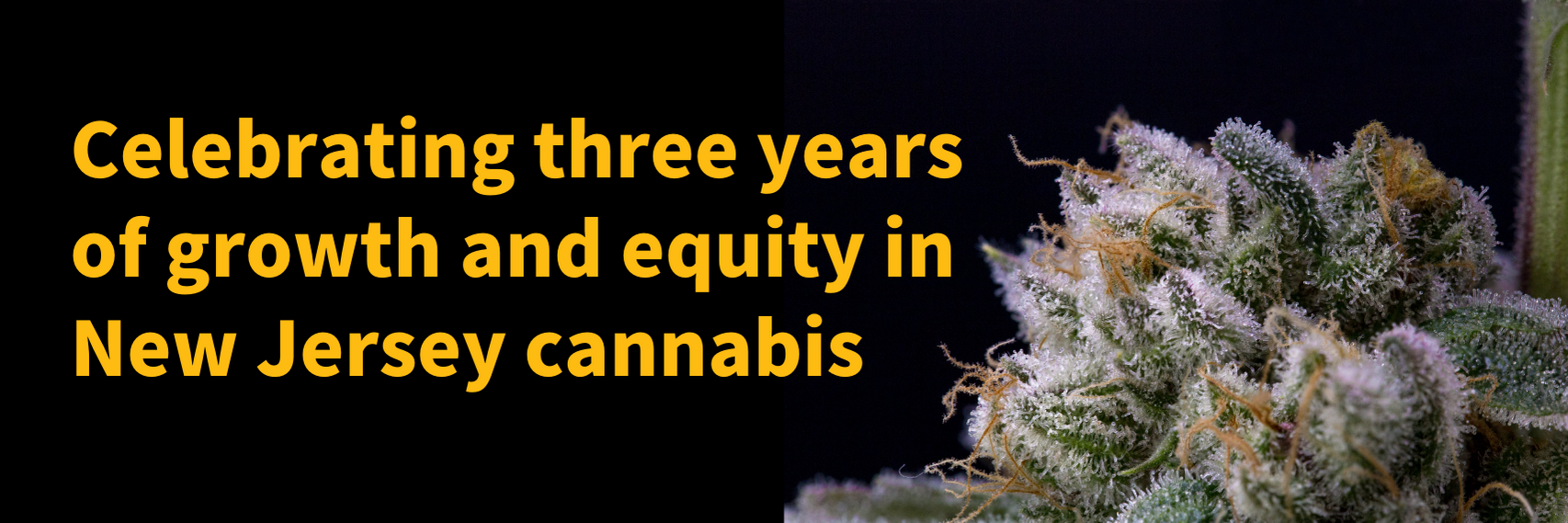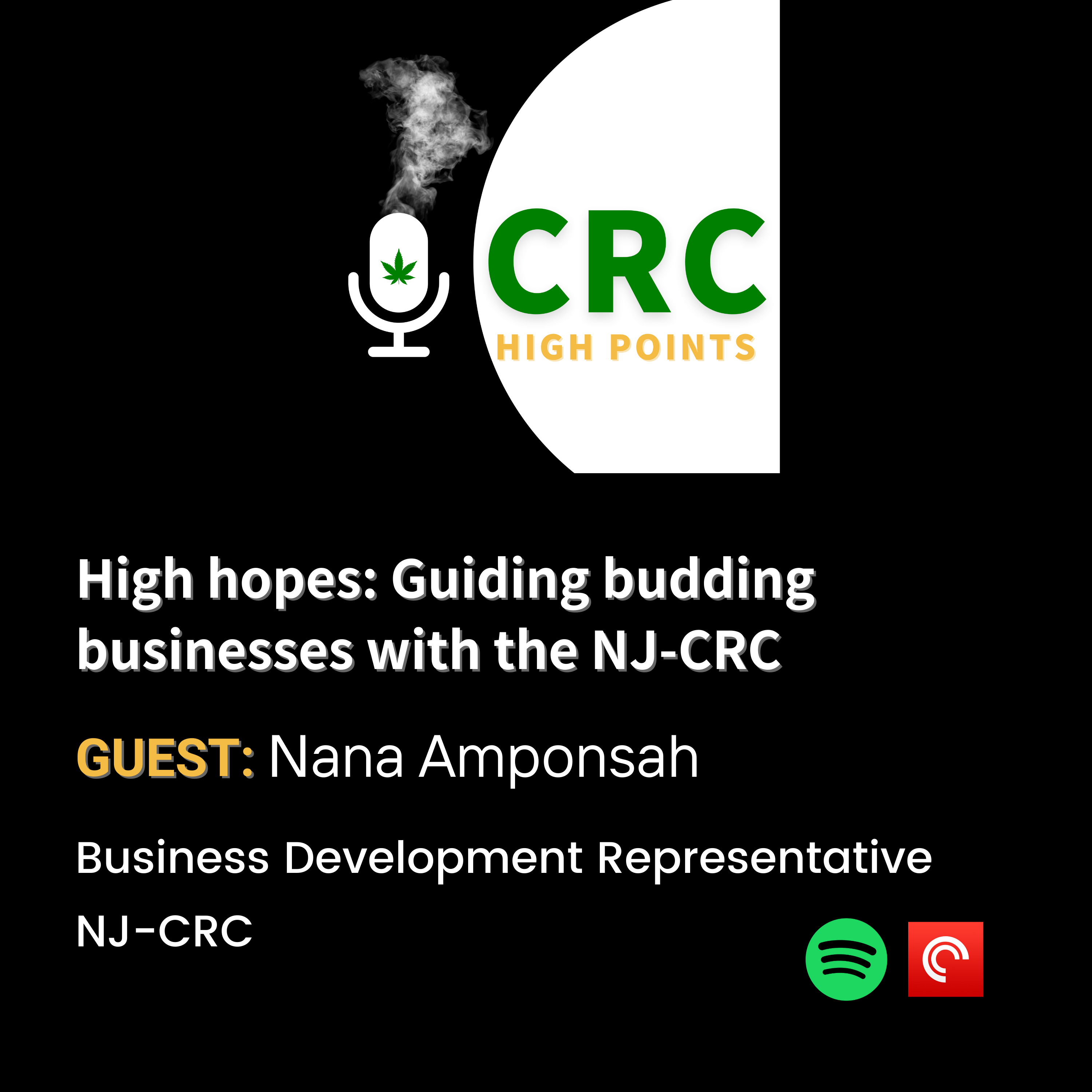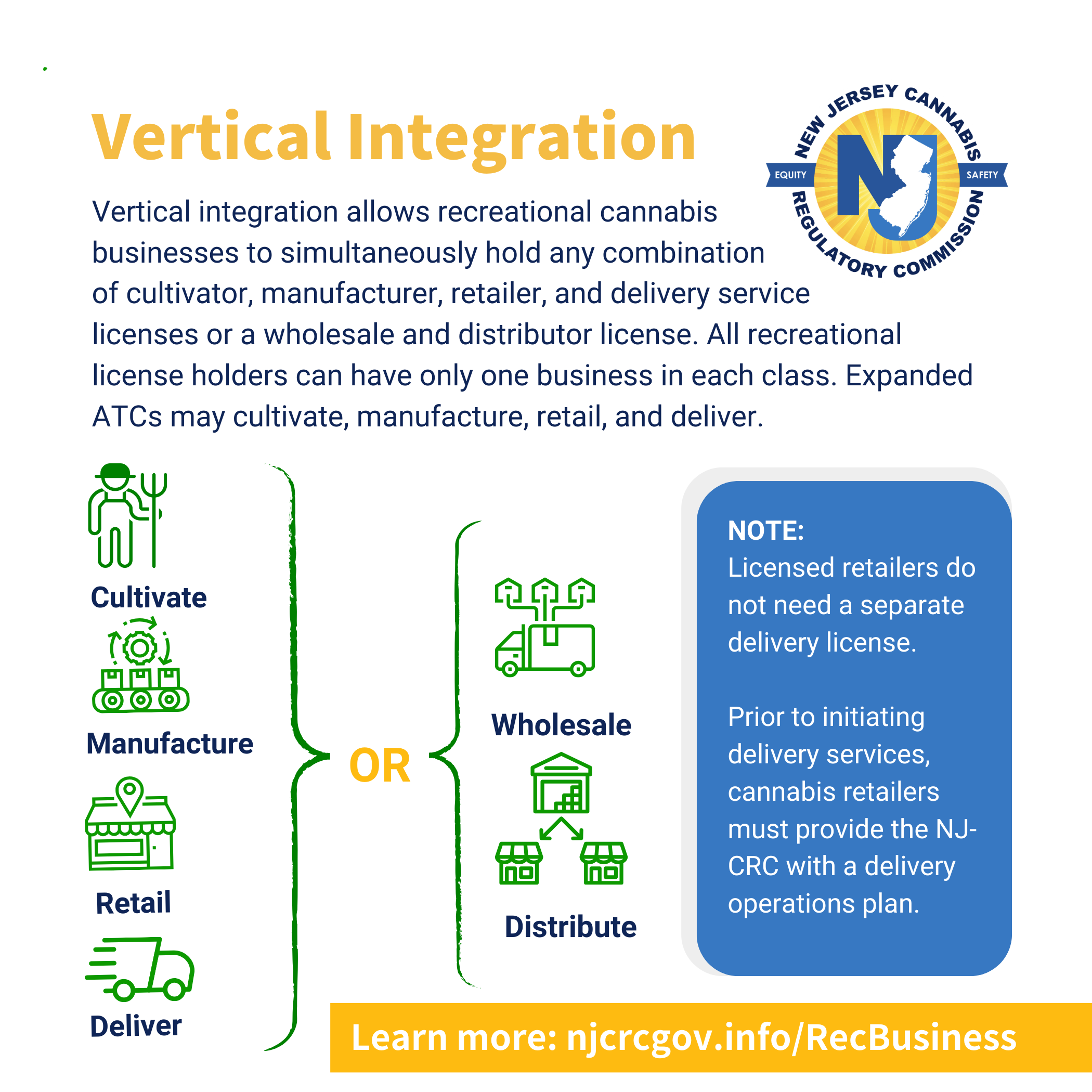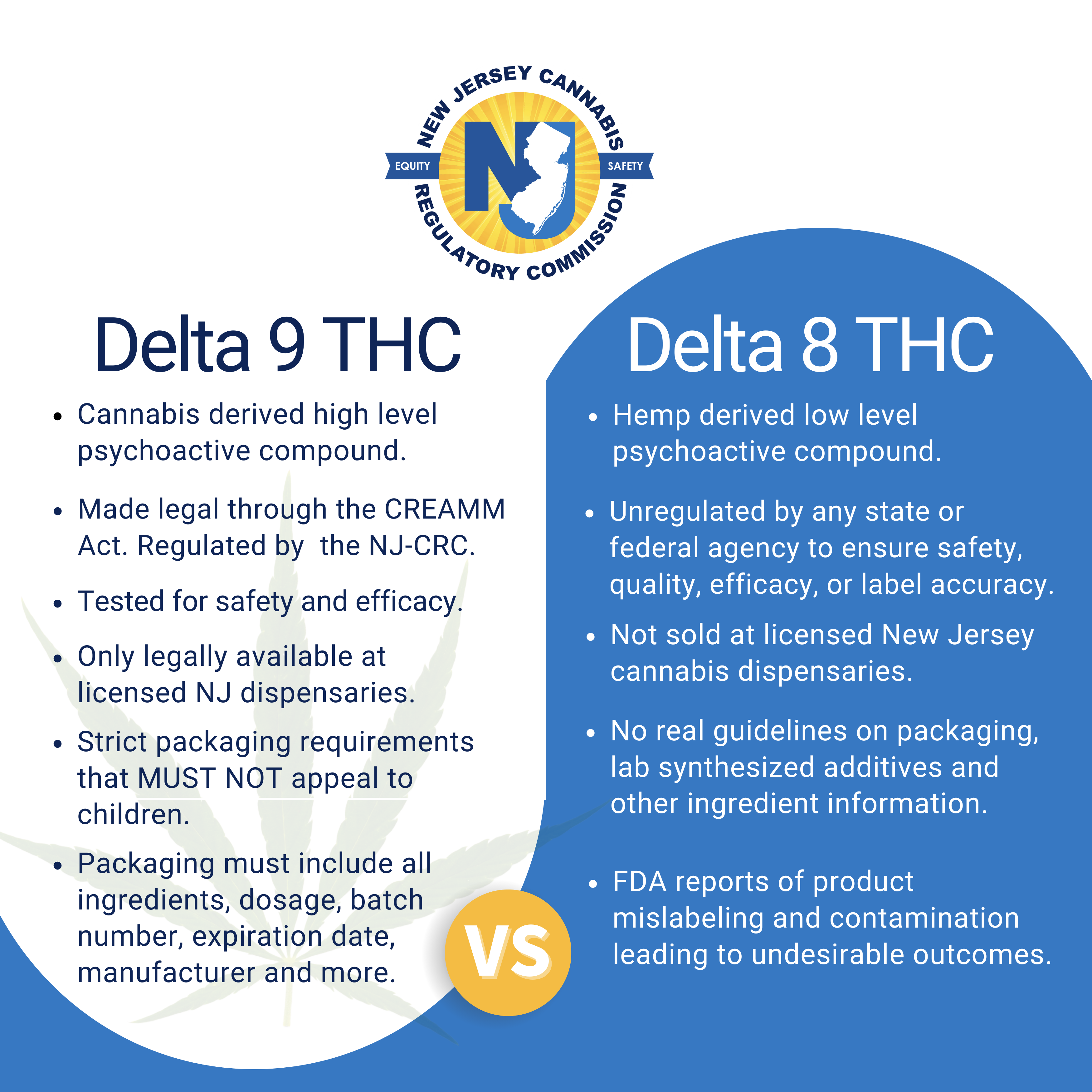
April marks the third anniversary of the New Jersey Cannabis Regulatory Commission (NJ-CRC) - a good time to take stock of the progress New Jersey’s cannabis market has made. The milestone coincides with the second anniversary of recreational sales, and the exponential growth of the industry is a testament to the collective efforts of ambitious and driven entrepreneurs, keen stakeholders, an engaged public, and dedicated employees at the NJ-CRC. These twin anniversaries are an opportunity to recognize their invaluable contributions and the evolution of New Jersey's cannabis industry.
Applications and Licensing
Since the NJ-CRC began accepting applications on December 21, 2021, we have processed more than 2,500. Our unique approach to application review and issuing cure letters instead of denials has been instrumental in guiding and supporting aspiring entrepreneurs to rectify deficiencies. To date, we have issued more than 2,200 cure letters. Application processing times have gone down. It currently takes between seven and 12 weeks from completing the online application to board consideration for conditional applications and between 15 and 28 weeks for annual license applications. Processing time will vary depending on applicant priority designation, application complexity, initial submission completeness, number of cure requests, applicant response time, and the municipal approval process.
Commitment to Equity
Our commitment to equity and inclusion is worth noting. To date, 35% of all annual licenses have gone to minority-owned businesses and 21% to social equity businesses. Black-owned businesses comprise 10% of the state's companies but have received 18% of annual cannabis licenses. These numbers are some of the highest in the nation and are higher than the statutory benchmarks outlined in the CREAMM Act, which requires 15% of licenses to go to social equity applicants and 15% to go to women and disabled veterans.
The Market
In 2023, New Jersey saw cannabis sales of more than $800 million. With new local cultivators and manufacturers beginning operations, we expect to reach $1 billion in 2024. Ancillary services like accounting, marketing, construction, security, legal services, and real estate that support the industry may generate $1.5 to $2 billion in taxable revenue for opted-in municipalities. That is a significant economic impact.
As of April 19, 2024, there are 131 dispensaries in 20 of the 21 counties in New Jersey. With preliminary numbers reported, these dispensaries racked up just under 12.5 million dollars in sales over the 4/20 weekend. It is likely that by the time you are reading this, there will be more dispensaries open. (You can always find a full list of licensed and permitted dispensaries here: njcrcgov.info/Dispensaries)
The recent granting of edibles waivers has led to an expansion in product diversity, providing consumers with a wide range of cannabis-infused products such as caramels and brownies. Edibles now account for 14% of the market share and is expected to grow.
Medicinal Cannabis Program
The NJ-CRC began hosting registration clinics to help current and potential patients and caregivers sign up or renew enrollment in the Medicinal Cannabis Program (MCP). These clinics are held quarterly this year in Atlantic City, Newark, and Trenton and aim to guide patients and caregivers through the program's requirements and procedures and answer any questions about the program. To make the MCP program more accessible, we launched digital cards on March 1 that are free for all new and renewing patients and caregivers. Additionally, we have reduced the price of a physical MCP card to just $10 for those who prefer having a card in hand.
The NJ-CRC is drafting an adoption document, which includes responses to all public comments on the proposed rules regarding clinical registrants and a new medical permit type. The proposed regulations allow clinical registrants to conduct clinical research and permit them to cultivate, manufacture, and dispense medicinal cannabis. Clinical Registrants must partner with an academic medical center to research the application of medical cannabis. After the adoption document is completed, it will be presented to the NJ-CRC Board. Assuming Board approval, it will be submitted to the Office of Administrative Law for publication in the New Jersey Register.
Consumption Areas

The upcoming opening of applications for consumption areas is a significant step in the regulation of cannabis. Consumption areas attached to dispensaries will allow adult cannabis consumers to enjoy cannabis socially in safe, welcoming environments. While cannabis consumption is legal, there are many places it is banned or not allowed – such as in public housing. Cannabis consumption areas are an additional way to make access to cannabis socially equitable. They are also expected to lead to a better consumer experience, help promote community engagement, and educate people about responsible cannabis use. The Notice of Applications, which outlines the requirements for dispensaries to obtain an endorsement from the NJ-CRC to open a consumption area, will be adopted in the next few months. Click here on this High Points article to see some of the proposed rules.
We make it easy to stay informed about cannabis in New Jersey. We encourage you to stay engaged by participating in public meetings -- either by registering to speak or leaving written comments. Missed something? You may find all public meeting and SEEF hearing recordings here. Check out CRC High Points podcast and follow us on Instagram LinkedIn, X, Facebook and YouTube.
DISCLAIMER
The information presented in this blog post is for informational purposes only and should not be used as a substitute for professional medical advice, diagnosis, or treatment. Seek advice from your physician or other qualified healthcare provider if you have any questions about a medical condition or incorporating cannabis into your treatment. Do not ignore professional medical advice or delay seeking it due to anything you may have read on this website.
Previous Blog Posts

High Hopes: Guiding budding businesses with the NJ-CRC
09/5/2025
Nana Amponsah, business development representative at NJ-CRC, talks about her role, as part of the Office of Diversity & Inclusion, in identifying challenges cannabis entrepreneurs face, providing assistance to applicants and new businesses wherever possible, and acting as a liaison between cannapreneurs and other state agencies that provide support. She also explains how NJ cannabis business development differs from other fields, emphasizing the continuous need for support.

Tips for SMART Gatherings This Holiday Season
11/26/2025
The holidays are a time for food, fun, laughter, and connecting with the people who make life sweeter. And as more adults in New Jersey choose to enjoy, or gift legal cannabis during the season, the NJ-CRC has launched its second safe-use campaign, S.M.A.R.T., to help keep celebrations (relatively) stress-free. S.M.A.R.T. is an easy way to remember the basics of responsible cannabis use, especially when travel is constant, roads are chaotic, homes are busy, and curious little ones are wandering.

Cannabis and PTSD
09/23/2025
Post-traumatic stress disorder (PTSD) is a mental health condition that can happen after someone has lived through distressing or life-threatening events. People with PTSD may have disturbing flashbacks, nightmares, or be overly guarded. It can cause trouble sleeping, mood swings, or disruptions to daily life. This mental health condition is the third most common condition participants in New Jersey’s Medicinal Cannabis Program are treating with cannabis Many patients, including veterans, turn to cannabis when other treatments are not enough or don't work.
 Official Site of The State of New Jersey
Official Site of The State of New Jersey



